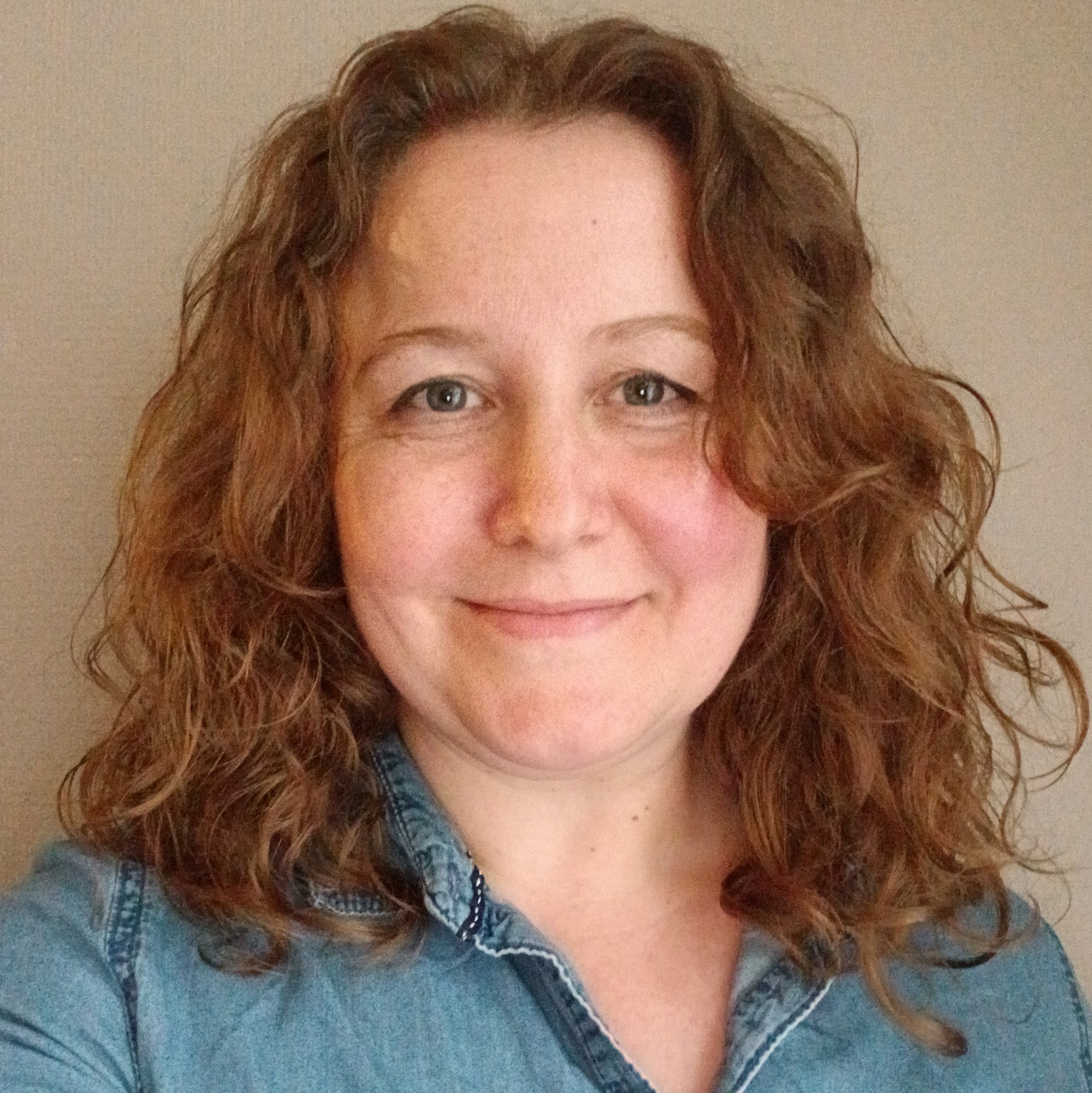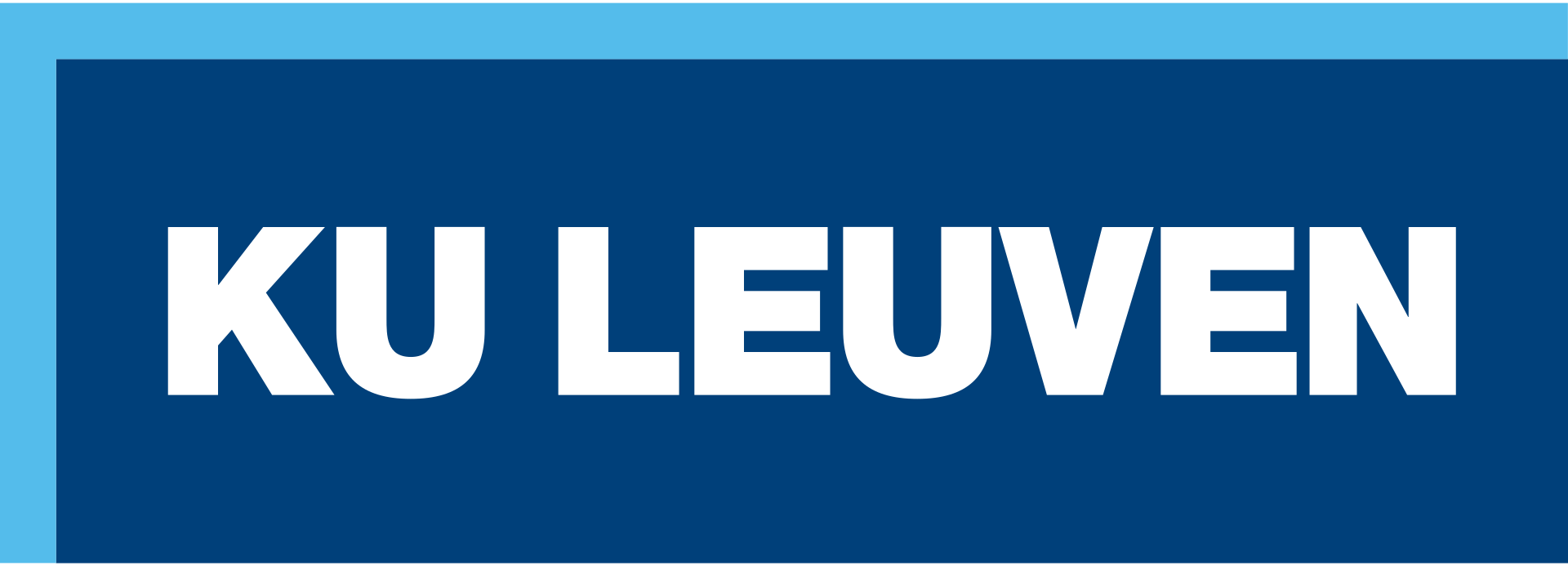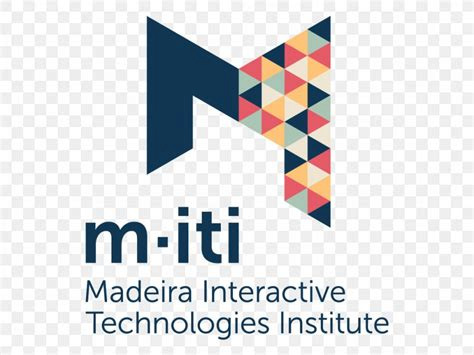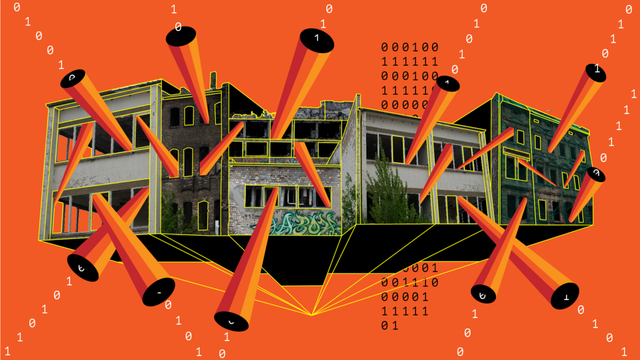
Master's Degree -- Nova IMS, Masters in Advanced Analytics, Lisbon, Portugal
I received a PhD from KU Leuven, Department of Computer Science, where my dissertation work focused on questions of access, equity, and social impact in relation to (algorithmic) technologies, particularly on biased representations of people in data.
I am interested in research which focuses on the genuine incorporation of justice-oriented principles in the design and governance of AI systems, particularly through the participation of impacted people. I take an interdisciplinary approach, drawing from fields including Science Technology Studies and Human-Computer-Interaction.
Warning
Problem: The current name of your GitHub Pages repository ("Solution: Please consider renaming the repository to "
http://".
However, if the current repository name is intended, you can ignore this message by removing "{% include widgets/debug_repo_name.html %}" in index.html.
Action required
Problem: The current root path of this site is "baseurl ("_config.yml.
Solution: Please set the
baseurl in _config.yml to "Education
-
 KU LeuvenDepartment of Computer Science
KU LeuvenDepartment of Computer Science
Ph.D., Marie-Skłodowska Curie ESRSep. 2020 - Dec. 2024 -
 Madeira Interactive Technologies InstituteResearch Assistant, Grassroots WavelengthsJan. 2018 - Aug. 2020
Madeira Interactive Technologies InstituteResearch Assistant, Grassroots WavelengthsJan. 2018 - Aug. 2020 -
 KU LeuvenMasters in Advanced AnalyticsSep. 2015 - Dec. 2017
KU LeuvenMasters in Advanced AnalyticsSep. 2015 - Dec. 2017
Selected Publications (view all )

Bridging Research and Practice Through Conversation: Reflecting on Our Experience
Mayra Russo, Mackenzie Jorgensen, Kristen M. Scott, Wendy Xu, D.H. Nguyen, Jessie Finocchiaro, Matthew Olckers
Conference on Equity and Access in Algorithms, Mechanisms, and Optimization (EAAMO) 2024
A working group with an ostensible focus on the use of research and quantitative methods for social good reflects on our experience of conducting conversations with practitioners from a range of different backgrounds, including refugee rights, conservation, addiction counseling, and municipal data science. We consider the lessons that emerged and the impact of these conversations on our work, the potential roles we can serve as researchers, and the challenges we anticipate as we move forward in these collaborations. (Image: Kokia & Sawyer; https://unsplash.com)
Bridging Research and Practice Through Conversation: Reflecting on Our Experience
Mayra Russo, Mackenzie Jorgensen, Kristen M. Scott, Wendy Xu, D.H. Nguyen, Jessie Finocchiaro, Matthew Olckers
Conference on Equity and Access in Algorithms, Mechanisms, and Optimization (EAAMO) 2024
A working group with an ostensible focus on the use of research and quantitative methods for social good reflects on our experience of conducting conversations with practitioners from a range of different backgrounds, including refugee rights, conservation, addiction counseling, and municipal data science. We consider the lessons that emerged and the impact of these conversations on our work, the potential roles we can serve as researchers, and the challenges we anticipate as we move forward in these collaborations. (Image: Kokia & Sawyer; https://unsplash.com)

Articulation Work and Tinkering for Fairness in Machine Learning
Miriam Fahimi, Mayra Russo, Kristen M. Scott, Marie-Esther Vidal, Bettina Berendt, Katherina Kinder-Kurlanda
Proceedings of the ACM on Human-Computer Interaction (CSCW) 2024
The field of fair AI aims to counter biased algorithms through computational modelling. However, it faces increasing criticism for perpetuating the use of overly technical and reductionist methods. In this paper, we study the tension between computer science (CS) and socially-oriented and interdisciplinary (SOI) research we observe within the emerging field of fair AI. We draw on the concepts of 'organizational alignment' and 'doability' to discuss how organizational conditions, articulation work, and ambiguities of the social world constrain the doability of SOI research for CS researchers.
Articulation Work and Tinkering for Fairness in Machine Learning
Miriam Fahimi, Mayra Russo, Kristen M. Scott, Marie-Esther Vidal, Bettina Berendt, Katherina Kinder-Kurlanda
Proceedings of the ACM on Human-Computer Interaction (CSCW) 2024
The field of fair AI aims to counter biased algorithms through computational modelling. However, it faces increasing criticism for perpetuating the use of overly technical and reductionist methods. In this paper, we study the tension between computer science (CS) and socially-oriented and interdisciplinary (SOI) research we observe within the emerging field of fair AI. We draw on the concepts of 'organizational alignment' and 'doability' to discuss how organizational conditions, articulation work, and ambiguities of the social world constrain the doability of SOI research for CS researchers.

Algorithmic Tools in Public Employment Services: Towards a Jobseeker-Centric Perspective
Kristen M. Scott, Sonja Mei Wang, Milagros Miceli, Pieter Delobelle, Karolina Sztandar-Sztanderska, Bettina Berendt
Conference on Fairness, Accountability, and Transparency (FAccT) 2022
Data-driven and algorithmic systems have been introduced to support Public Employment Services (PES) throughout Europe, and globally, and have often been met with critique and controversy. Here we draw attention to the needs and expectations of people directly affected by these systems, i.e., jobseekers. We argue that the limitations and risks of current systems cannot be addressed through minor adjustments but require a more fundamental change to the role of PES, and algorithmic systems within it.
Algorithmic Tools in Public Employment Services: Towards a Jobseeker-Centric Perspective
Kristen M. Scott, Sonja Mei Wang, Milagros Miceli, Pieter Delobelle, Karolina Sztandar-Sztanderska, Bettina Berendt
Conference on Fairness, Accountability, and Transparency (FAccT) 2022
Data-driven and algorithmic systems have been introduced to support Public Employment Services (PES) throughout Europe, and globally, and have often been met with critique and controversy. Here we draw attention to the needs and expectations of people directly affected by these systems, i.e., jobseekers. We argue that the limitations and risks of current systems cannot be addressed through minor adjustments but require a more fundamental change to the role of PES, and algorithmic systems within it.